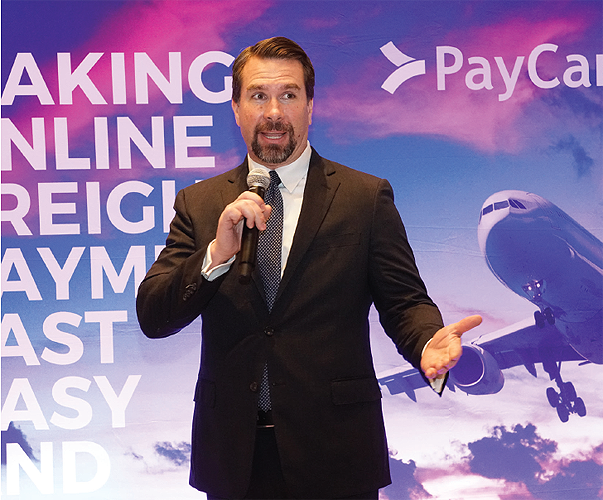
The right solution
There are technological and operational solutions that reduce the chances of post transactional disputes occurring in the air cargo supply chain which, when implemented, will help businesses from losing out. Disputes can arise from a variety of sources, notably incompatible computer systems across businesses, incomplete documents being submitted, or businesses not enforcing higher standards. Technological advances including Artificial Intelligence (AI) and Machine Learning (ML) have already left lasting impressions in the air cargo industry and this shows no sign of stopping with the latest developments. Businesses must start incorporating these solutions to reduce the chance of a post transactional dispute arising and to not be left behind as digitization moves forward.
AI and ML technologies are able to assist with risk, process evaluation, and management systems to improve efficiency, alert users to any inconsistencies, and use predictive analytics to help forward planning. When these solutions are incorporated into existing practices the rate of errors decreases. Technology improves data transparency for supply chain users through easily accessible systems that records all information and facilitates clear data collection. Transparency speeds up communications and processes and can rapidly resolve disputes, but it is only effective if different IT systems across businesses are able to speak with each other. For example, the Application Program Interface (API) used by PayCargo allows businesses to automatically reconcile each transaction within a pre-existing system, meaning there is no need for manual input of data which reduces human error and duplications and improves transparency.
Shippers want to purchase logistics services in a rapid, seamless, and reliable manner that improves their business output, and customers want swift quotes, simple bookings, electronic invoices, instant data access, and track and trace. All of this is possible with the latest digital technologies and the future processes of the air cargo industry are going to be built upon the foundations of today’s digital innovations. It is essential that all businesses in the supply chain adopt these solutions as soon as possible to future proof and improve their processes.
The air cargo industry also needs to put training in the spotlight, particularly when it comes to completing documentation. There is a notorious amount of paperwork in the air cargo supply chain where errors can be introduced, which is exactly what PayCargo and tech developments eliminates, but regular training and testing will improve document quality until the industry becomes paperless. Shipments with incorrectly filled out documents are one of the major causes of post transactional disputes, so it is imperative that a renewed focus on training staff on correct paperwork builds momentum. The introduction of electronic documents has helped reduce the emergence of human error and incomplete forms, but as long as paper forms and manual input exists the industry must ensure staff are trained to be comfortable and well-equipped when completing documents.
The additional benefits from implementing regular training includes improved job satisfaction, motivation, and morale of staff, all of which will further reduce the chance of post transactional disputes.
Finally, businesses need to be firm in demanding higher standards from their partners when exchanging data and documents. It can be difficult and uncomfortable to refuse service to a customer due to incomplete paperwork, but it is essential in resolving the issue of post transactional disputes. For example, if an air cargo carrier refuses to take cargo from businesses presenting incorrect or incomplete documents it will encourage improvement in processes and accuracy from the rest of the industry to be able to use the services of the carrier. We must set the expected standard and maintain it. One European air cargo carrier combined the two aforementioned points by insisting forwarders looking to use their services underwent testing and training to show they were able to complete the documentation to the required standard. Only if they passed this test would their cargo be accepted. The knock-on effect was that compliance across different businesses improved and post transactional disputes decreased for multiple airlines and forwarders who were associated with the carrier.
It is of course the goal of each business in the air cargo supply chain to improve their operations and reputation, and so existing solutions need to be adopted and adhered to. Each business should strive to have a transparent and accessible system that communicates with customers, a team that is known to be fully compliant and efficient with documents, and a reputation for high standards. This is how we will reduce, and perhaps end, post transactional disputes in air cargo.
Lionel van der Walt is Chief Commercial Officer at PayCargo, the number one financial platform for moving money and vital remittance information between payers and vendors. PayCargo’s online solution allows you to move cargo quicker and reduce payment costs more than any other platform available. Its patented technology effortlessly registers your company so that you can immediately start making payments to your freight vendors. It has over 4000 vendors in its network, including major ocean carriers, air cargo providers, and hundreds of terminals and CFS stations.